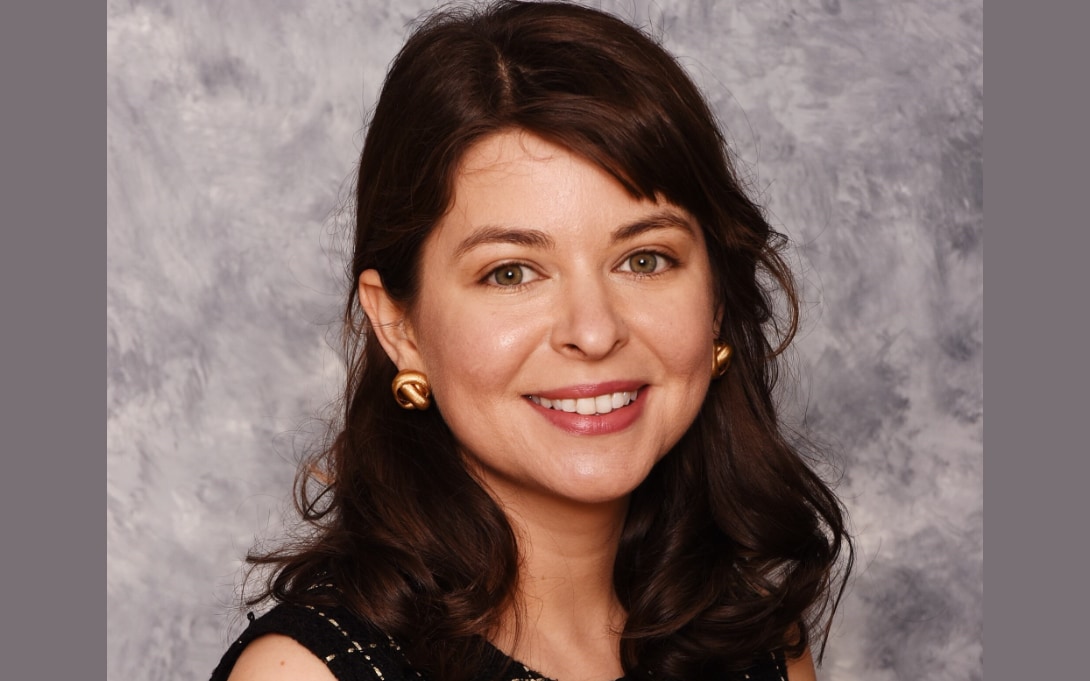
Kristina Fullerton Rico joins the Ford School as a Predoctoral Fellow at the Center for Racial Justice. Her work focuses on the social and emotional impacts of U.S. immigration policies that lead unauthorized immigrants and their families to endure long-term separation. She recently published an article about grieving from afar in Social Problems. This semester she is teaching PubPol 750.007: Latinx Policy Perspectives and Social Movements in the U.S.
What has been the most intriguing or unexpected part of your dissertation research, either in terms of your findings or the process of conducting your project?
I study the impacts of contemporary U.S. immigration policies on unauthorized immigrants and their communities. Because the U.S.–Mexico border has become so dangerous to cross without authorization, undocumented immigrants now endure years or decades away from their communities of origin and the people they love who live there. Using ethnographic fieldwork and interviews in Mexico and the United States, I study how people maintain bonds despite long-term separation. My current focus is on how undocumented immigrants in the U.S. make ends meet when they can no longer work and how people who return to Mexico in later life due to undocumented status adjust to living there after many decades away.
One of the most troubling things I am finding is how anti-immigrant rhetoric can impact unauthorized immigrants. In interviews with people who have lived, worked, and built communities in the United States for decades, I often hear individuals say that they are resigned to returning to Mexico after they age out of the workforce. Despite the fact that they have spent the majority of their lives here, the idea that they do not belong in the United States has impacted them deeply.
Please tell us about your course, PubPol 750.007: Latinx Policy Perspectives and Social Movements in the U.S., and what concepts you’re most excited for students to explore.
The course examines policy issues affecting Latinx populations in the United States and social movements that have advocated for Latinx communities. Students will gain a nuanced understanding of the challenges and opportunities facing Latinx populations in areas such as immigration, education, and employment. The course will explore the ways in which Latinx groups have organized and advocated for policy changes at the local, state, and national levels.
Too often, Latines are portrayed as one monolithic group, so I'm always excited to highlight the diversity of Latinx populations in the U.S. and the complex intersections of race, indigeneity, class, gender, sexuality, age, national origin, and immigration status that shape political agendas and policy impacts. Students in the class are also learning about historical events and social movements and how they continue to resonate today. For example, we're studying Puerto Rican activism in the 1930s and how that led to contemporary movements surrounding self-determination that advocate for U.S. statehood or Puerto Rican independence, respectively.
What are you most looking forward to as an incoming fellow at the Center for Racial Justice and newcomer to the Ford School and University of Michigan?
One of the major draws of the Ford School is the opportunity to study debates and possible solutions to ongoing problems with students who will go on to craft and implement policies to address them. Knowing that students will have the power to apply our theoretical discussions in ways that will impact many people is both exciting and humbling.
I am looking forward to working closely with the Center for Racial Justice which brings together academics and activists both to understand the roots of racial injustice and to advance racial equity. I'm inspired by work that bridges social movements, scholarship, and art, and I'm honored to belong to an institution that is doing that work here at the University of Michigan.
What are you reading or listening to right now?
I just finished The Poet X by Elizabeth Acevedo. Acevedo is a spoken-word poet, and she reads the audiobook version of the novel, so I recommend listening to it if you can. It touches on themes of Dominican-American experiences, sexuality, religion, and gender.
More news from the Ford School